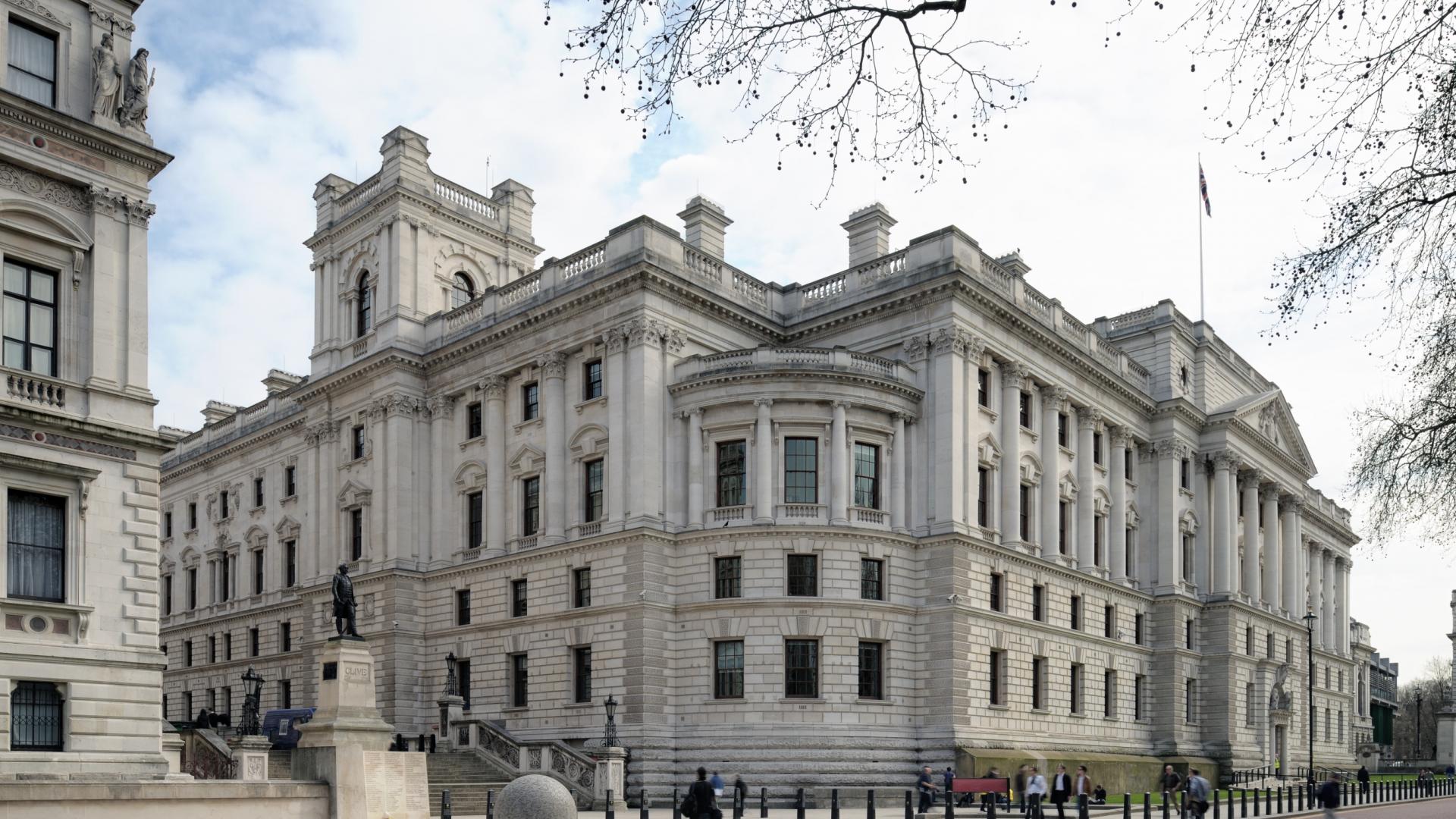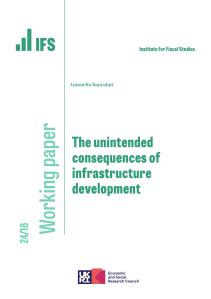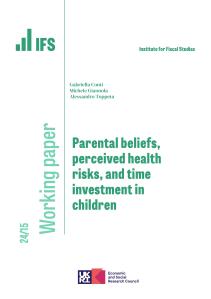
In July 2020's Summer Economic Update, the Chancellor announced another significant spending package.
Listen now: Apple Podcasts | Spotify | YouTube | Acast | Google Podcasts | Stitcher | RSS
In July's Summer Economic Update, the Chancellor announced another significant spending package.
In normal times, even in times of recession, this package would have been seen as huge. But, of course, these are not normal times and this is no normal recession.
Joining us this week to discuss the spending package is Helen Miller, Deputy Director at the IFS and Chris Giles, Economics Editor at the Financial Times.
Host

Director
Paul has been the Director of the IFS since 2011. He is also currently visiting professor in the Department of Economics at University College London.
Participants


Economics Editor Financial Times
Podcast details
- Publisher
- IFS
More from IFS
Understand this issue

Public investment: what you need to know
25 April 2024

The £600 billion problem awaiting the next government
25 April 2024

Should we worry about government debt?
11 April 2024
Policy analysis

Oil and gas make Scotland’s underlying public finances particularly volatile and uncertain
27 March 2024

Recent trends in and the outlook for health-related benefits
19 April 2024

4.2 million working-age people now claiming health-related benefits, could rise by 30% by the end of the decade
19 April 2024
Academic research

6th World Bank/IFS/ODI Public Finance Conference | Driving Progress: Public Finance and Structural Transformation

The unintended consequences of infrastructure development
8 May 2024

Parental beliefs, perceived health risks, and time investment in children
15 April 2024